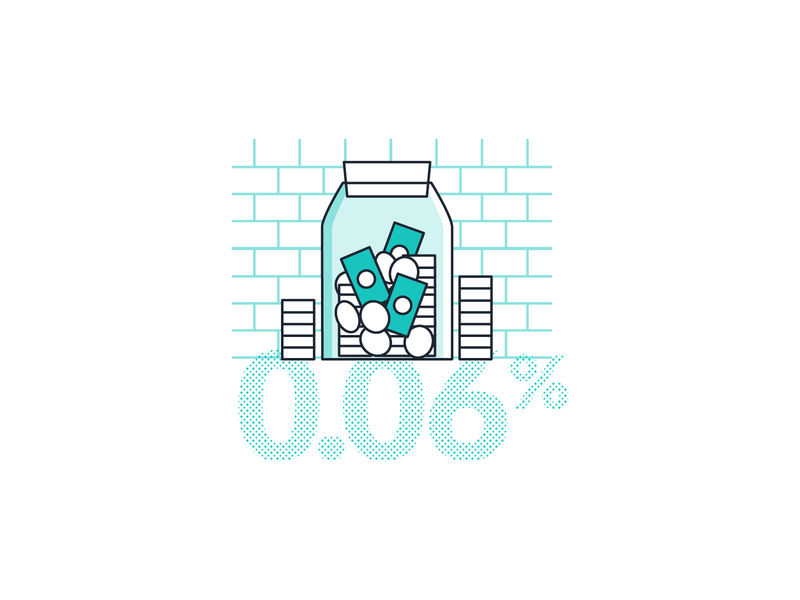The Consequences Of Failing To Satisfy An Efficiency Bond
The Consequences Of Failing To Satisfy An Efficiency Bond
Blog Article
Authored By-
When a guaranty problems an efficiency bond, it ensures that the principal (the event who buys the bond) will satisfy their responsibilities under the bond's terms. If the primary fails to fulfill these responsibilities and defaults on the bond, the surety is in charge of covering any kind of losses or damages that result.
1. Loss of credibility: Defaulting on an efficiency bond can damage the principal's credibility and reputation, making it more challenging to secure future company or funding.
2. Legal and management expenses: The guaranty might require to pay lawful and management costs related to seeking the principal for damages or attempting to rectify the scenario.
3. Monetary losses: The surety may require to cover the price of finishing the project or giving the solutions that the principal failed to deliver. This can cause significant monetary losses for the surety.
4. Raised premiums: If the principal has a background of defaulting on performance bonds, they might be called for to pay higher costs in the future to acquire the required bonding.
On the whole, back-pedaling a performance bond can have serious monetary consequences for both the principal and the guaranty. It is necessary for principals to very carefully consider their obligations and ensure they are able to satisfy the regards to the bond to stay clear of these adverse end results.
Defaulting on an efficiency bond can be a costly error for companies. When you fall short to fulfill the bond's commitments, the monetary repercussions can be considerable. From paying the complete bond amount to potential legal fights and harmed connections, the repercussions can reverberate throughout your company procedures. Comprehending the detailed web of economic influences that back-pedaling a performance bond can have is critical for safeguarding your company's monetary health and reputation.
Financial Penalties for Defaulting
If you default on a performance bond, you'll likely deal with considerable financial penalties. These penalties can differ depending on the regards to the bond agreement however typically involve paying the bond quantity completely to the obligee. This means that if you fail to fulfill your legal obligations, you have to pay the bond amount to the job proprietor or the entity that required the bond.
Furthermore, you might also be in charge of any kind of extra costs sustained by the obligee because of your default, such as discovering a substitute service provider or covering project delays.
Back-pedaling an efficiency bond can additionally lead to legal fees and court costs if the obligee determines to take lawsuit versus you to recoup the bond amount. These expenses can promptly add up, further aggravating the financial effect of your default. It's necessary to meticulously assess and comprehend the terms of the efficiency bond to stay clear of these serious financial penalties.
Effect On Organization Cash Flow
Defaulting on an efficiency bond can significantly affect your service capital, affecting financial security and functional abilities. When you back-pedal a performance bond, you take the chance of losing the bond quantity, which can be a substantial sum. This loss directly affects your capital, as you'll need to find different resources of moneying to cover the bond quantity. Furthermore, defaulting can lead to raised examination from sureties, making it tougher and extra pricey to safeguard bonds in the future. This can better strain your capital as you might need to assign added resources to fulfill bonding requirements.
https://www.businesswire.com/news/home/20220413005935/en/AM-Best-Assigns-Credit-Ratings-to-Palmetto-Surety-Corporation on your cash flow doesn't stop there. Defaulting on an efficiency bond can additionally cause job delays or terminations, resulting in a loss of earnings. Furthermore, the adverse track record that includes defaulting can deter potential clients, even more decreasing your capital. On the whole, defaulting on a performance bond can have destructive effects on your service's financial health and wellness and capability to run efficiently.
Legal Ramifications and Legal Actions
Encountering lawful ramifications and potential legal actions due to back-pedaling a performance bond can significantly affect your company's credibility and financial standing. When you default on an efficiency bond, the guaranty business may take legal action to recoup the bond amount paid out. This could cause pricey legal charges, court expenditures, and prospective settlements or judgments against your company.
In addition, defaulting on an efficiency bond may lead to harmed relationships with customers, subcontractors, and providers, affecting your ability to secure future contracts. Claims arising from bond defaults can taint your organization's reputation in the sector, making it testing to bring in new partners or consumers.
Furthermore, if the default brings about a court judgment against your business, it can lead to possession seizure or liens, additionally straining your economic security. As ca contractors bond , it's vital to recognize the lawful effects of back-pedaling a performance bond and take proactive actions to mitigate the threats entailed.
Final thought
As you deal with the effects of defaulting on a performance bond, remember this: it's like walking a tightrope without a safety net. One wrong action can send you dropping right into a financial freefall, without way to quit the fall.
The punitive damages, cash flow influence, and legal ramifications are all waiting to catch you if you mistake. So step very carefully, and constantly recognize your commitments to prevent the rough effects of default.
